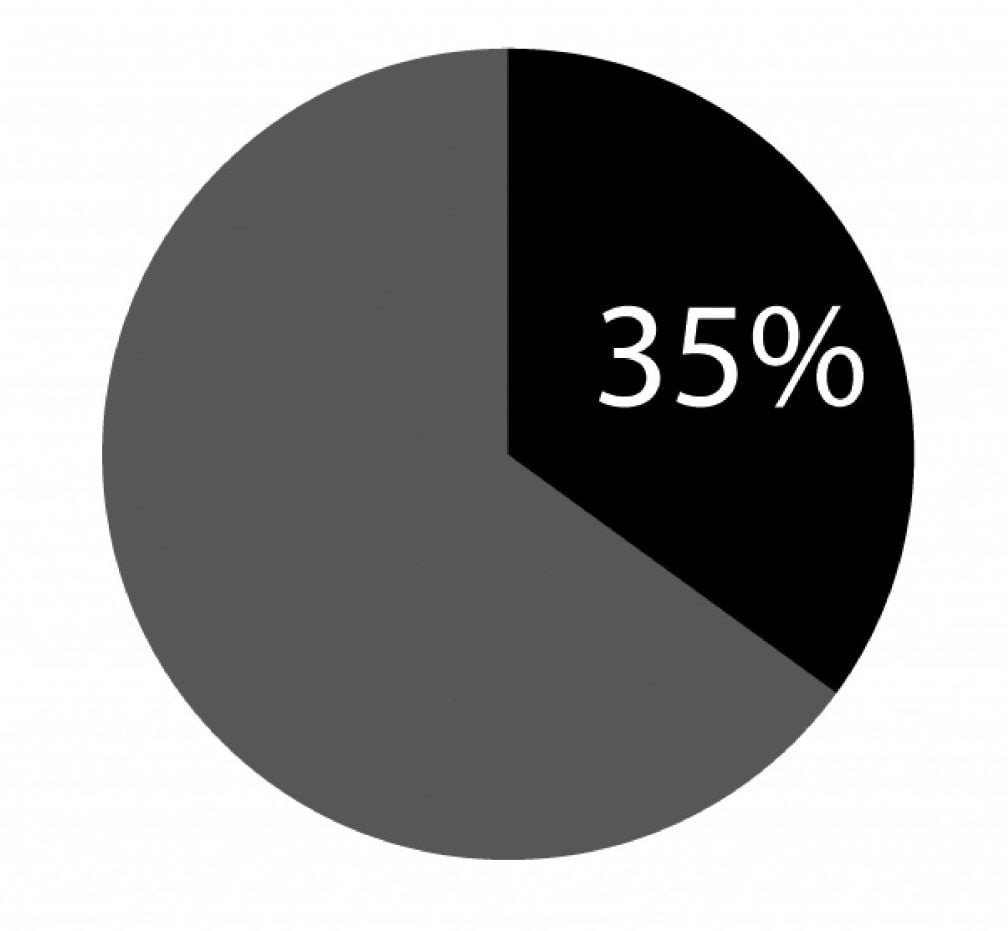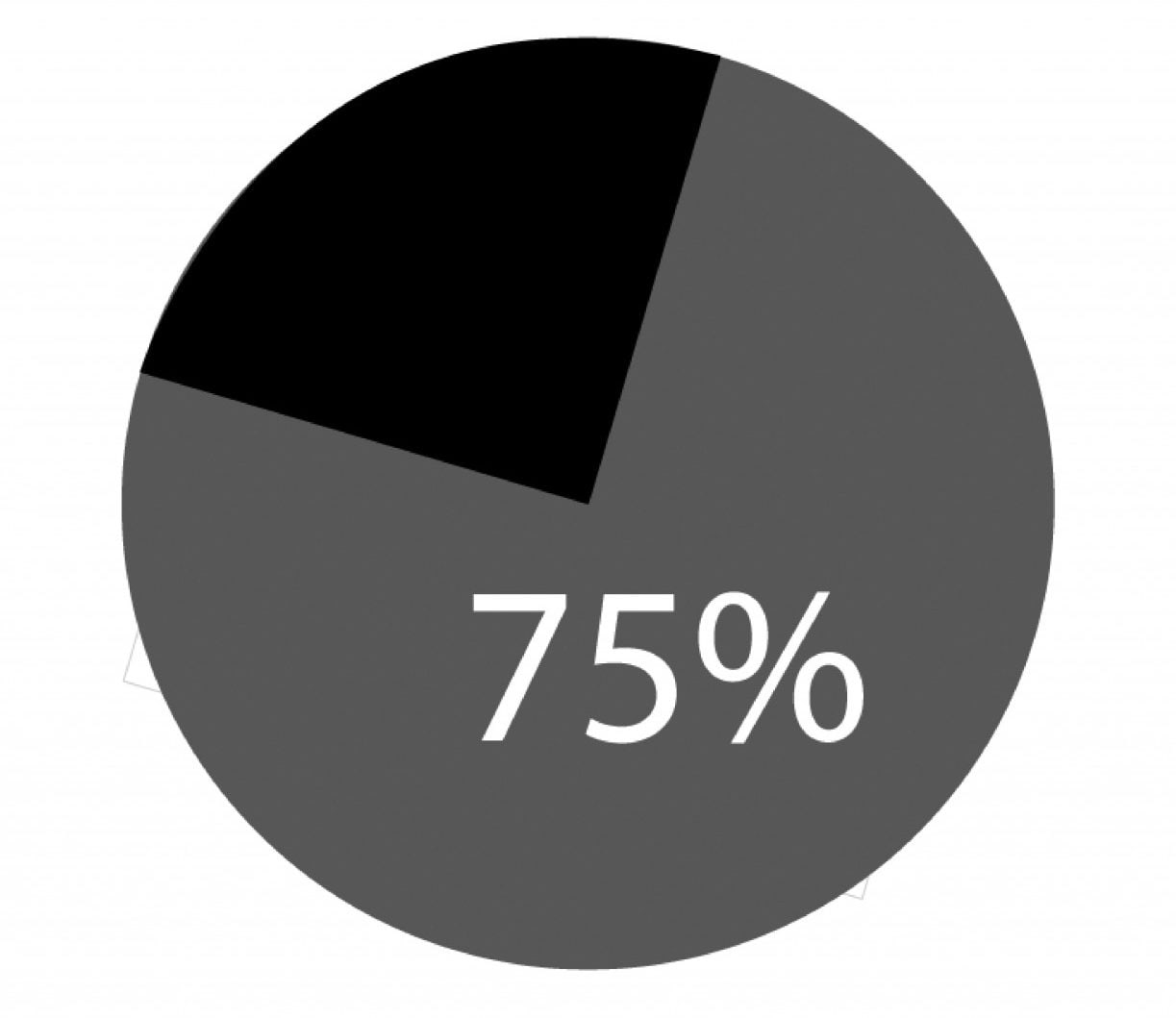A person is typically considered a legal adult the day they turn 18. By this point, a majority of 18 year olds have either graduated or are about to graduate from high school. “In early adulthood, an individual is concerned with developing the ability to share intimacy, seeking to form relationships and find intimate love,” CliffsNotes’ article titled “Development in Early & Middle Adulthood” states. “The young adult is also faced with career decisions.” Attending college and selecting a major are a part of determining a future career. Ultimately, adolescents either considering or attending college should be aware that it’s okay to not have a major chosen and that they have options if they decide to change their major.
When I was in high school, I focused more on grade point average than on what career path I was going to take. During my senior year, I was not entirely sure what I wanted to do after I graduated, but my teachers and parents continued to remind me that if I wanted a good career then I should continue my studies. Instead of trying to figure out what my major would be, I fixated on what scholarships I could get and what each college had to offer, such as residential accommodations and extracurricular activities.

Number of students that begin college “undecided”
The day came when I started filling out applications for my top three schools of choice, and once the paper asked me what my field of study would be, I drew a blank. Throughout my entire time in high school, I never stopped to think what my end goal was, but I had to figure it out before the applications were due. I frantically sprinted into my English teacher’s office, as she had known me before I entered high school, and I asked her what major fit me. Eventually, we came to the conclusion that my talents laid in English studies.
In Fall 2014, I started at Blackburn College with a focus in professional writing. There were two problems with this: (1) I had no idea what I was going to do with my major, and (2) no one reassured me that I was not the only one who felt this way.
Virginia N. Gordon writes in her book, “The Undecided College Student: An Academic And Career Advising Challenge,” that approximately 20 to 50 percent of students enter college with an “undecided” major. About 75 percent of students change their major at least once before graduation.

Students that change their major at least once before graduation
I did not figure out that I wanted to use my future bachelor’s degree for journalism until my second semester of my freshman year. Although I have not changed my major, I changed my minor twice. Additionally, I have considered dropping out a multitude of times based on the fact that I was not sure if I was ready to make a commitment to a career path. A majority of my friends found themselves in a similar boat and ended up either leaving college, changing their major or staying in school past their projected graduation date.
There are several different choices students have at Blackburn College if they are not sure about their major. Students can talk to their advisors about options for changing their major as well as the effects it would have on their schedule and graduation date. They can also refer to Blackburn’s counseling services to talk in general about their fears for the future. Students additionally have the opportunity to drop into the Career Services Office for assistance in discovering career interests and majors that would fit those interests.
My teachers and parents never told me that it would not be easy figuring out what I wanted my future career to be. However, I learned that it is okay to be unsure about your major and what you want to do with it.
